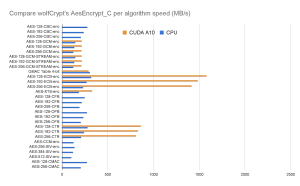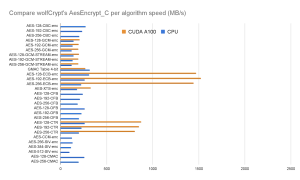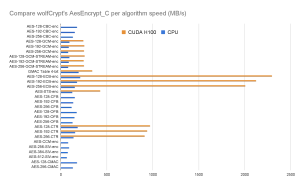In the last release of wolfSSL there was some house cleaning done on older RSA implementations. The user RSA layer was removed along with the hooks used for tying in IPP. When those were first introduced we had yet to implement SP (single precision) versions of RSA. Fast forward to today, and there is a faster implementation of RSA in wolfSSL itself. In IPP v0.9 it was able to do 990.09 RSA 2048 bit sign operations per second and in wolfSSL 5.7.0 it was able to run 1,015.23 operations per second. Verify operations took around the same time with both libraries now at 35,714 operations per second on average. These measurements were collected on an older Intel(R) Core(TM) i7-4870HQ CPU. Along with a performant implementation of RSA there are now the crypto callbacks if desiring to plug in custom RSA operations. This being the case the –enable-fastrsa, user RSA, and IPP hooks were dropped to lower maintenance and reduce bundle size.
If you have questions about any of the above, please contact us at facts@wolfSSL.com or call us at +1 425 245 8247.
Download wolfSSL Now




